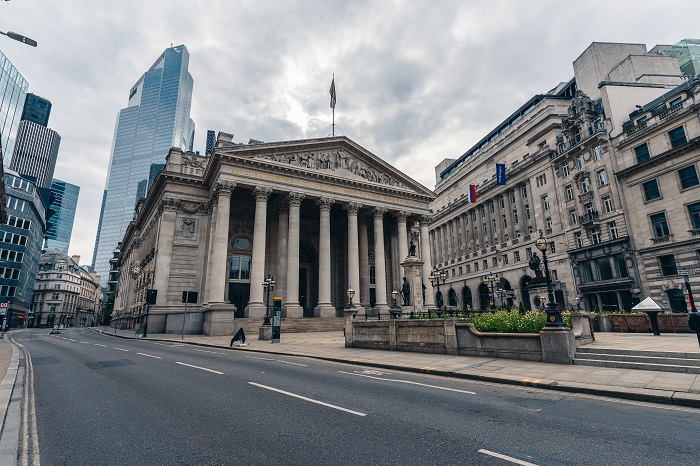economy news online news
Bank of England governor Andrew Bailey hinted on Wednesday that the central bank was close to ending a prolonged policy of raising interest rates, easing worries about a cost-of-living crisis. online news
“I think we are much nearer now to the top of the cycle,” Bailey told a panel of cross-party lawmakers gathered to question the BoE chief on the state of the UK economy with UK inflation the highest among G7 nations.
“And I’m not therefore saying we’re at the top of the cycle because we’ve got a meeting to come but I think we are much nearer to it,” he added.
The pound dropped against the dollar and euro on the comments as traders bet that the BoE may already decide to pause hiking rates at a regular monetary policy meeting later this month.
UK annual inflation stands at 6.8 percent, above the five percent Prime Minister Rishi Sunak is aiming to reach by the end of the year.
Sunak at the start of 2023 said he hoped to halve UK inflation when the level stood above 10 percent.
Bailey on Wednesday added that “the fall in inflation will continue”.
“I think it (the fall) will be quite marked by the end of this year.”
Global inflation soared after Russia’s invasion of Ukraine sent energy and food prices rocketing.
Inflation has been fuelled over the past 18 months also owing to supply constraints as the world emerged from pandemic lockdowns.
Surging inflation resulted in the BoE hiking its key interest rate for a 14th time in a row last month to 5.25 percent, a 15-year high.
The central bank is tasked by the UK government with keeping annual inflation at around two percent.
A leading think-tank on Wednesday said working-age households in Britain were experiencing the worst growth in living standards since at least the 1950s.

Typical, working-age, household incomes are on course to be four-percent lower in 2024-25 than they were in 2019-20, or the time between general elections, according to the Resolution Foundation.
In a report, it said that “never in living memory have families got so much poorer” between votes.
BoE rate hikes have caused retail banks to significantly increase borrowing costs on mortgages.
Landlords, faced with increased repayments, have also pushed up rents, eating into pay rises earned by Britons on the back of elevated inflation.
bcp/rl
© Agence France-Presse. All rights are reserved.
economy news online news
Notes from APS Radio News
Reportedly because of what was being called a “pandemic”, a number of the world’s central banks embarked on massive programs of monetary expansion, starting in late February and early March of 2020.
For its part, between the early part of March of 2020 to over a year later, the US Federal Reserve added over $4 trillion to its holdings, by purchasing billions of dollars’ worth of Treasury bonds and corporate bonds each month during that period.
As well, at that time it kept interest rates rather low.
Other central banks, including the Bank of Japan and the European Central Bank, followed similar policies.
In addition, during that period many countries engaged in lockdowns; many small and medium-sized businesses and enterprises were shuttered by way of orders issued by public health officials, politicians and various administrators.
One of the direct causes of those shutdowns was the development of shortages.
According to a number of economists, the combination of shortages of various goods and services and massive programs of “quantitative easing” led to substantially higher rates of inflation.
In consequence of shuttered economies and higher rates of inflation in the first world, less developed countries suffered greatly, due, in part, to shortages of supplies and due to lowered demand.


